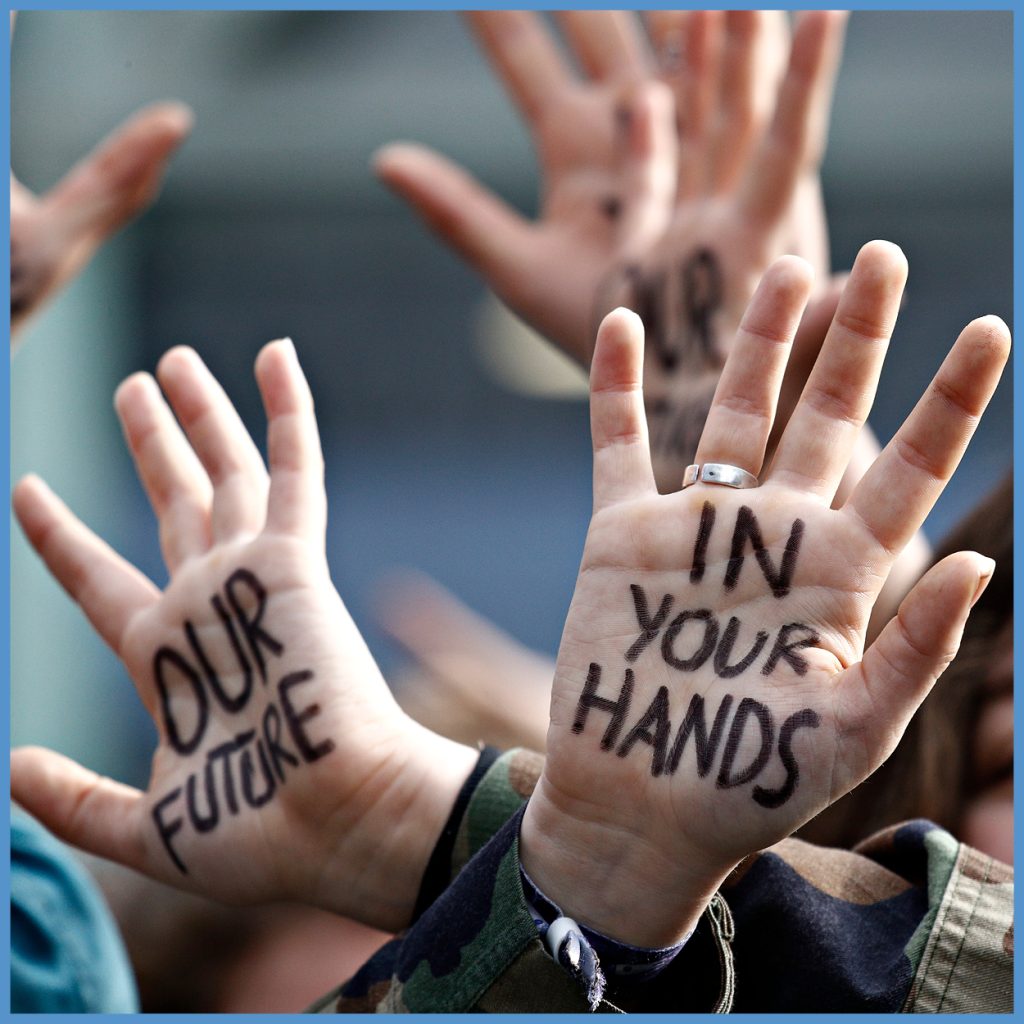[FR] 100 days of the Commission: becoming a green powerhouse

In its first hundred days in office, the new Commission has made two expressions inseparable from its actions: ‘Green Deal’ and ‘geopolitics’. The first, better known by its English name, is the flagship initiative of the von der Leyen Commission. Like its climate law today, this legislative proposal will make the European Union’s climate neutrality target binding by 2050. Beyond its climate ambitions, the Green Deal is set to mobilise all forces in Europe – public authorities, businesses, social partners, associations and universities – to implement and support a radical change in our modes of production and consumption, and indeed our lifestyles. A new European social contract is potentially taking shape. The Jacques Delors Institute, through its energy centre in particular, is working on this.
In terms of “geopolitics”, the self-proclaimed Commission has begun to set the tone. It aims to protect the conditions for fair competition in Europe with regard to Chinese companies that are subsidised or owned by Beijing, to deploy an “industrial strategy” in the near future in the face of foreign competitors, and, in the digital sphere, to have our own data storage capacities. In the Balkans, a new, more gradual and political approach to enlargement is on the table. With regard to Africa, where the Commission has made an unprecedented number of visits, the stance is changing. These signals sent on various fronts could serve as elements for forging a new strategic doctrine, which the European Union is still struggling to define, particularly with regard to Russia’s actions and the Trump administration’s trade blackmail. Or, in the immediate term, Turkey, whose exploitation of refugees is forcing Europeans to face up to their shortcomings and contradictions on migration. Our commitment to respecting the right to asylum must remain unwavering.
A “geopolitical” Commission requires above all a Europe that knows how to stand together. The importance of maintaining the cohesion of the 27 in response to Brexit has been rightly emphasised many times, but this cohesion is not an end in itself. It must serve the European project, which today is to assert its interests and values in the world as a power. ‘Team Europe’, as the French executive likes to refer to the new leaders of the EU institutions, only makes sense if it can find supportive teammates among the 27 Member States. Claiming to become a green power in the world requires strengthening this solidarity, the first concrete instrument of which is a European budget commensurate with this ambition.




